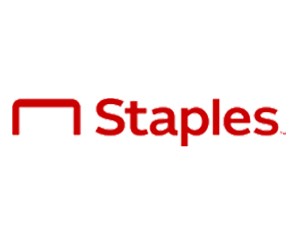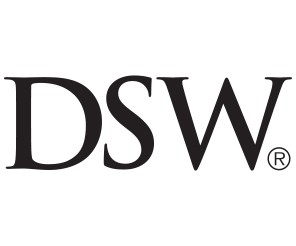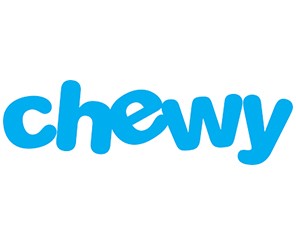US Markets Loading...
h
m
s
This is what it looks like when Google dances
Alphabet just reported a blockbuster quarter, and the narrative around the company is starting to shift.
Supreme Court might not give Trump sweeping immunity — but it's likely to give him the one victory he wants
A majority of justices appear to want to create a standard of presidential immunity that will take time to craft and even more time to implement.
Billionaire's million-dollar Nantucket beach house has officially been swept away
Billionaire investor Barry Sternlicht's Nantucket beach house has been demolished due to severe erosion.
An Oklahoma tourist says he faces 12 years in prison in the Caribbean after he mistakenly left 4 bullets from a hunting trip in his carry-on duffel bag
Ryan Watson and his wife were arrested on vacation in Turks and Caicos, and he now faces 12 years in prison as a minimum sentence.
Video
New Episodes This Week
I left my corporate banking job after I got reality TV-famous on 'The Bachelorette.' Now, I'm worth $4 million.
Jason Tartick became a fan-favorite after competing on "The Bachelorette" season 14. He just released his second book, "Talk Money to Me."
Newly minted RNC chair Lara Trump says they've got lawsuits cooking in 81 states. There are 50 states.
"We have lawsuits in 81 states right now," Lara Trump said in a Newsmax interview on Monday.
I compared 2 world-famous barbecue spots in Texas. Both had impressive meat options, but the sides at one were way better.
We tried Terry Black's in Dallas and Franklin Barbecue in Austin. Both were delicious but the sides were superior at Terry Black's.
I visited Aspen, the most expensive vacation destination in America, for the first time. Here are 13 things that surprised me.
Business Insider's reporter expected Aspen, Colorado, to be expensive but didn't realize how pricey everyday things like coffee and dog food would be.





